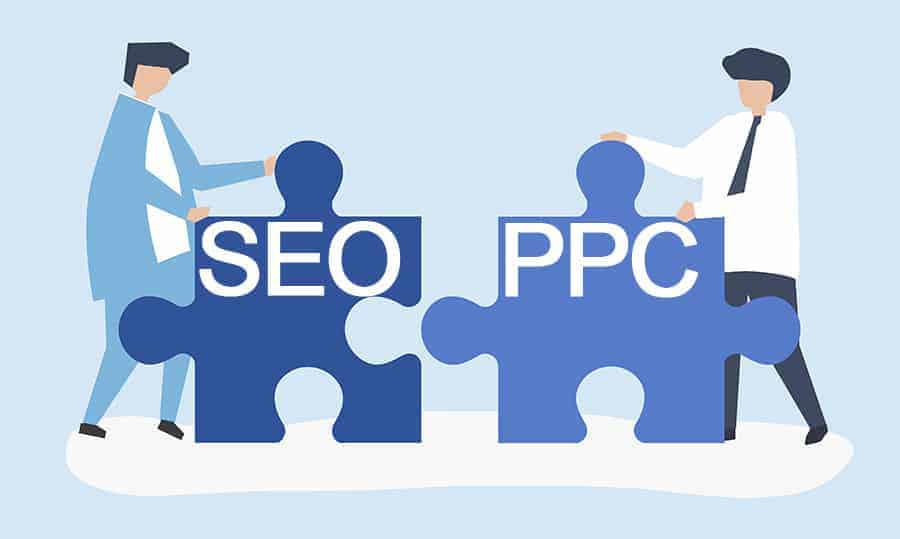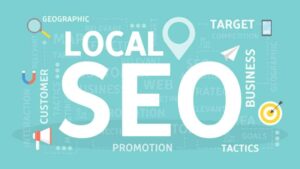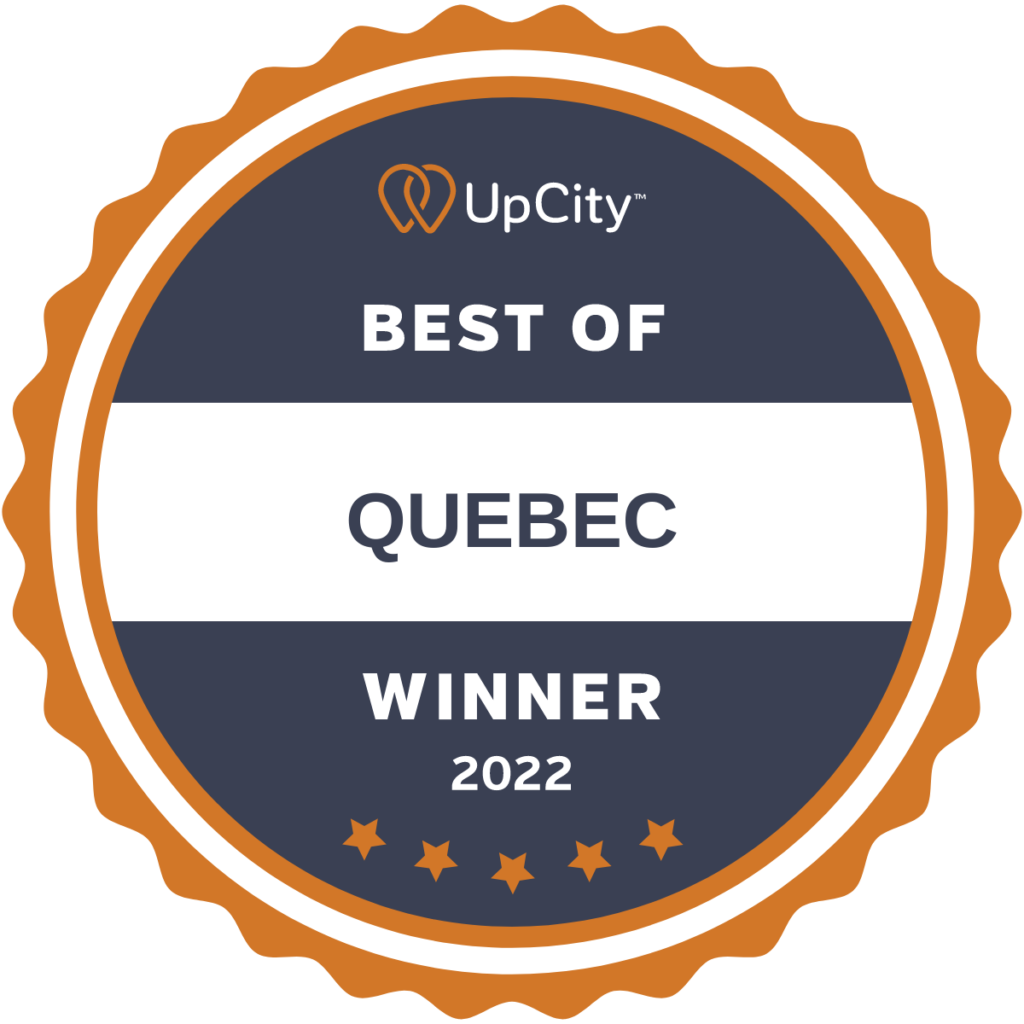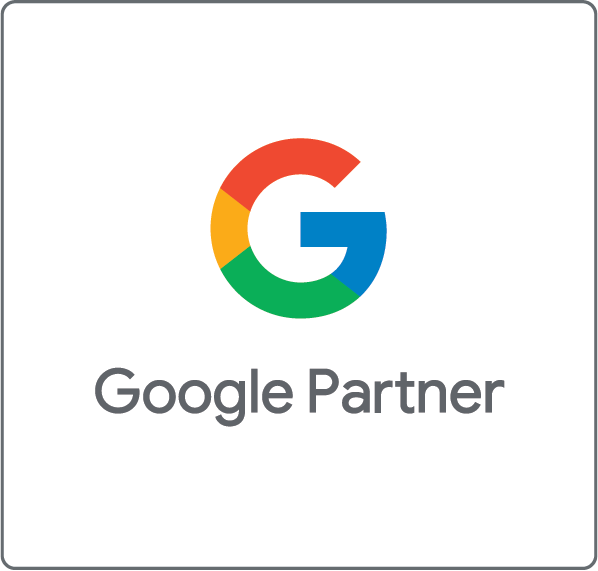In the changing world, marketing as a platform is getting better with each passing day. The digitalization has led to further improvement in the marketing field. In Canada, wherein once marketing only took place through the medium of newspapers and magazines, now several online methods are being used. With the help of the internet, digital marketing in Canada is growing through the mode of mobile phones, online advertising, and other digital mediums.
PPC and SEO: Basics of digital marketing
SEO (or Search Engine Optimization) is the process of increasing the quantity and quality of visitors to a website through search engine results. However, another similar platform to expand the online traffic for websites is known as PPC (Pay-per-click).
In Canada, PPC and SEO are suitable for companies that want their presence felt in the online market. However, there is a difference between PPC and SEO that make both the roles work in a different online framework.
SEO: Ways to increase online traffic using organic data
By using SEOs, visibility in search engines for the targeted keywords puts the business in front of the probable customers. It is similar to a company in Canada if it was to advertise and wanted brand awareness. Moreover, most of the Canadian brands can now easily be linked with and trusted by searchers. The cost per click remains free in SEO usage since there is no direct cost involved. Moreover, a higher percentage of users click on the organic results. Even after certain exceptions, businesses can generate more clicks from a highly-placed SEO listing than from a highly placed PPC advertisement.
PPC: To use paid searches for quality traffic
Paid search or PPC dominates the content that first appears on the screen. With a specific number of ads on desktop and mobile, a user will always see the paid search advertisements, even if the customer chooses to ignore and scroll past them. Customers have far more granular control and more space for delivering your marketing messages. Calls, locations, pricing, and bullet points are just some of the options for creating ads that dominate the page. Running pay-per-click advertisements is helpful since the right kind of customer sees it. Even if the customer backs off and conducts a brand search before clicking to the site, that visibility will eventually pay dividends to your marketing.
SEO vs PPC: Which strategy has more perks?
For any business, advertising is one of the essential conditions. When a company goes online, advertising works best to develop an enormous amount of online traffic. Making preference from two of the most fundamental strategies for digital marketing, i.e., SEO vs PPC, can be complicated. Several times the subject of, which one would benefit more, arises in businesses. However, below is an insight into how Pay-Per-Click and Search Engine Optimization varies and can fit within a larger marketing plan of a company:
The difference between PPC and SEO is apparent in countless ways. The chief distinction is that PPC ads surface at the top of the web page, even above the organic listings affected by SEO.
Further, PPC’s primary benefit is that it enables obtaining traffic rather than drawing it in through original mediums. However, SEO provides an opportunity for a great deal of traffic via free and organic advertising. The principal purpose of Pay-Per-Click is to reach out to a particular audience, in less time and with precision. Moreover, a good PPC campaign requires the right use of the keywords. Whereas, with the help of SEO, it becomes easier to find, drag, and categorize a web page.
The significance of PPC can be made out of the fact that almost all sorts of businesses (small or large) are relying upon and spending a handsome amount of revenue in running a campaign. Even the professionals are also in favor of PPC campaigns for the promotion of the businesses.
Which is better: PPC or SEO?
In Montreal, start-ups are having a hard time getting started with SEO. Hence, paid search (PPC) is offering a fast track method to search marketing. Where SEO mostly covers keyword data in the name of privacy, there is no such restriction with PPC. With conversion tracking and stable integration with analytics software, it is easier to ascertain the keywords to be converted, and at what cost. This intelligence can be filled directly into SEO marketing and can notify all other advertising to enhance overall results.
Hence, in Canada, understanding the prospective customers and how they are utilizing the web is vital. This helps us determine whether paid search, organic search, or a blend of both is the best approach for a specific type of business.
Using PPC and SEO together
Although both are used separately, there are several benefits of running PPC and SEO together. The keyword and conversion data from PPC can be used for organic searches in SEO. The volume of traffic can be easily increased by targeting clicks in paid and organic, for better-performing keywords. Moving high-cost keywords and high-volume keywords from the PPC to SEO is beneficial. Remarketing allows Canadian businesses to stay on the front foot, after an initial work using organic search and customized messaging for engagement purposes. Further, the keyword strategy can be tested in PPC before committing to a long-term SEO strategy. This targets users at all stages, from research to comparison, to purchase, with commercial keywords.
The end note
To look at a broader perspective, with numbers of companies, an integrated search strategy that looks at both SEO and PPC is the best strategy. Results are only improved further, in each channel, by utilizing both paid and organic approach, and not going for a PPC or SEO equation. This may seem inapplicable for all businesses in Canada. However, for high-growth marketing, the need to cultivate a holistic search engine plan rather than look at SEO or PPC in privacy is necessary.
Overall this kind of combined approach has increased confidence and awareness by having both strong organic and paid visibility.












